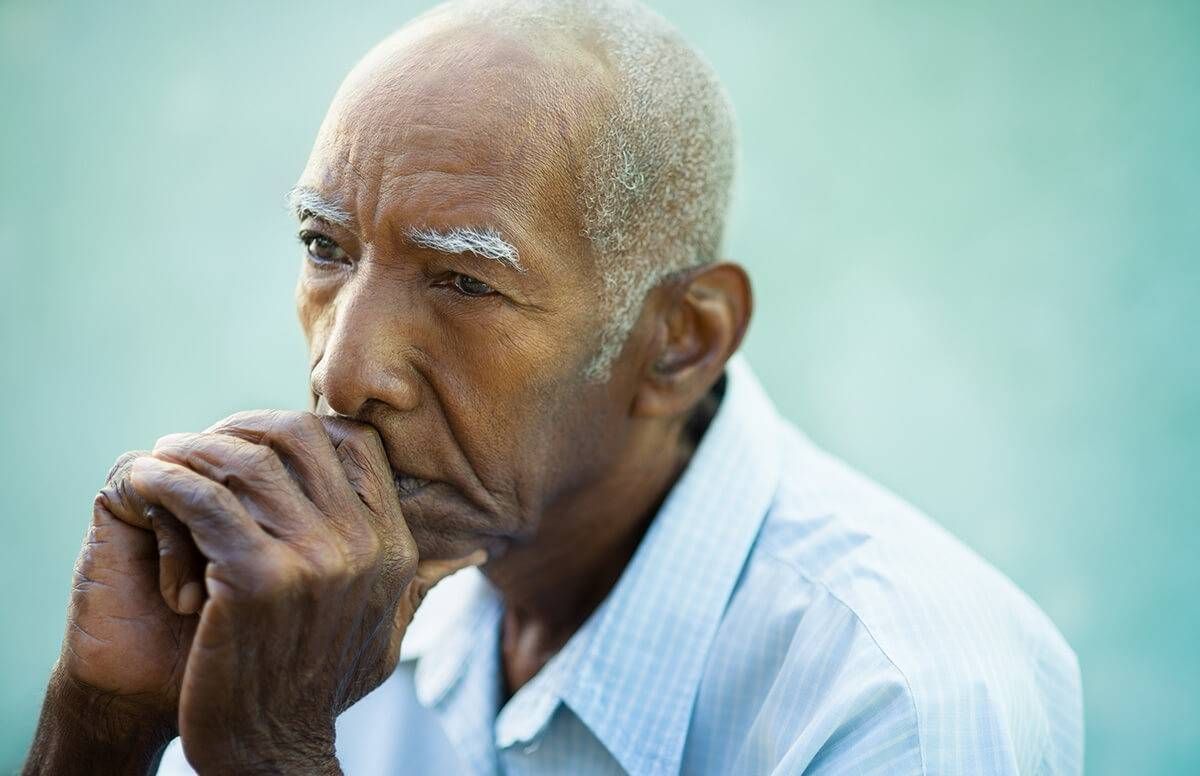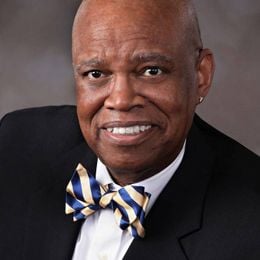Old, Black and Alone: A Grim Forecast
More African Americans are facing retirement without family members to help
An increasing number of African Americans are facing the prospects of a life in retirement without family members to help them with finances and health issues, according to a recent report.

The report, Projections of White and Black Older Adults Without Living Kin in the United States, 2015 to 2060, says the number of older vulnerable African Americans without family members is increasing and will continue to grow.
This forecast takes on added significance because African Americans have much lower retirement savings and more serious health issues than white Americans, in general, including considerably higher rates of diabetes, high blood pressure and cancer-related deaths.
Elevated Risks That Come With Living Without Close Kin
“Family members provide the majority of social support for most older adults, but not all individuals have living family,” the report says. “Those without living close kin report higher rates of loneliness and experience elevated risks of chronic diseases and nursing facility placement.”
The report says the trend of growing old with no living relatives is being driven by the rise in “gray divorce” (the divorce rate among people 50+ increased by 50 percent between 1990 and 2010), declining marriage rates and the aging of the growing population.
Ashton Verdery, assistant professor of sociology and demography at Penn State University and co-author the report, says the steeper rates among African Americans are driven mostly by higher rates of non-marriage and childlessness and because mortality rates are higher among African Americans at every age.
The Bleak Forecast for African Americans
The numbers of older people without any living close kin is rising among African Americans and whites, the report says, but the numbers are growing much faster for African Americans. For example, in 2015, 0.8 percent of white men 50 and older and 1.1 percent of white women 50 and older were living without close kin. Those numbers are projected to double by 2060 to 1.9 percent for white men and 2.2 percent for white women.
However, the increases will be much larger among blacks. The percentage of black men over 50 without any living close kin in 2015 was 1.9 percent; for black women, it was 2.2 percent. Those percentages are projected to rise to 5.6 percent and 7.3 percent respectively in 2060.
That means there will be 1.2 million older black men and 1.6 million older black women with no living kin by then, the report says.
“Our findings draw attention to the potential expansion of older adult loneliness, which is increasingly considered a threat to population health, and the unequal burden (a lack of family) may place on black Americans,” the report says.
Financial Hardships From Being Old, Black and Alone
The effect can also lead to financial hardships.
“People without families have a higher rate of loneliness and they don’t have access to the short-term loans that families can give,” says Verdery. “A large body of research suggests the ability to rely on a family member for even a small amount in loans — a couple of hundred dollars because a heating bill is higher — can really bridge things.”
Because of the racial difference between whites and blacks in wealth — the average wealth of white families in 2013 was more than $500,000 higher than that of African American families — African Americans are more likely to need such loans.
“And that fact that on average, they are more likely to not have any family may be concerning,” said Verdery.
Implications for Long-Term Care
He said aging alone also has serious implications for residents of nursing homes and long-term care facilities.
“Having family members come in and check, or someone double checking what doctors are doing, is a beneficial thing,” Verdery noted. “We may need to have more programs that check on people, particularly those without family.”
A Challenging Financial Future
These issues all point to a challenging future for African Americans, already plagued by low retirement savings and lower monthly Social Security benefits than whites, in general.
“We (African Americans) are not saving enough money in defined contribution plans [like 401(k)s], and not saving money in the right places in these plans,” says Aaron W. Smith, a financial adviser in Glen Allen, Va. “And when we cash them in, we don’t know how to plan a strategy to create that lifetime of income,because we don’t know what we need to outlive our assets.”
Charles Winfrey, founder and senior adviser at The Rollover Co. in Nashville, says even if African Americans have enough savings today, “the challenge is that longevity will not be in your favor.” The longer you live, he notes, “the more you are affected by the cost of living, taxes going up and rising health care costs. You may be OK today. But do you have a plan to deal with health care costs, inflation and taxes?”


